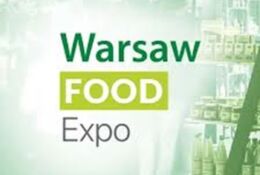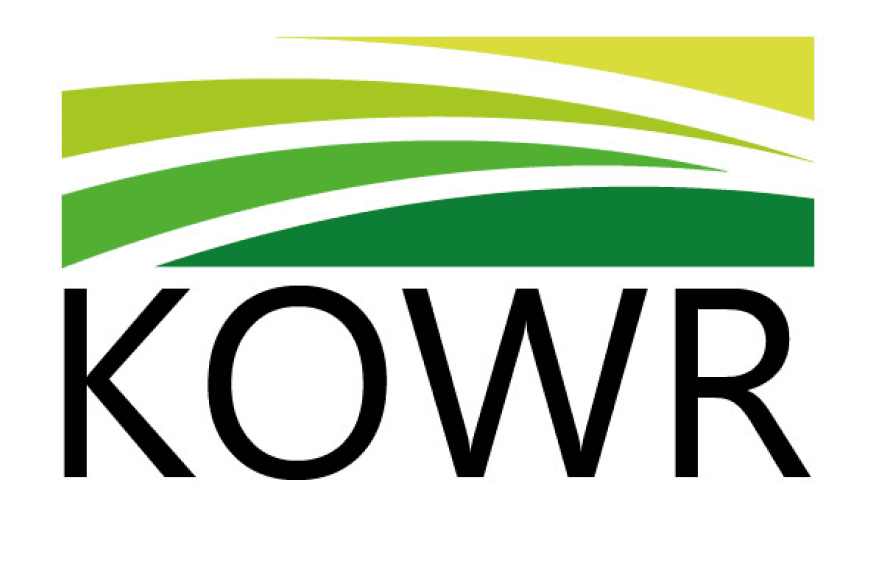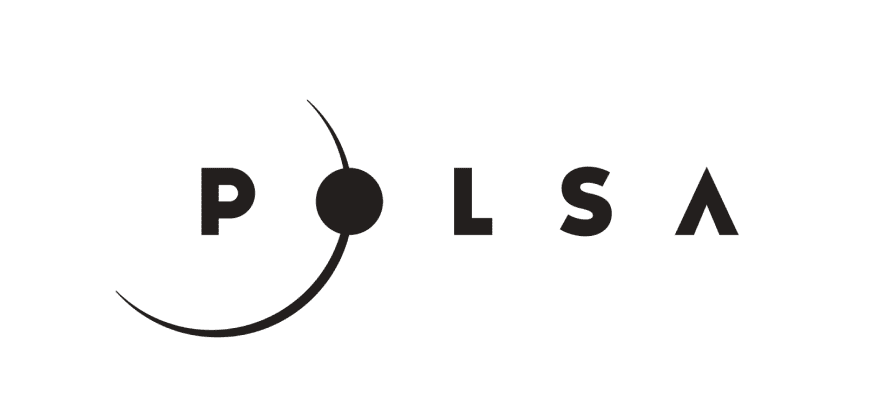Easter traditions and the Polish egg market
28.03.2024
Easter is a time of renewal, joy and family gatherings, as well as an opportunity to celebrate rich culinary traditions. Among them, the egg invariably reigns supreme – a symbol of life and rebirth. An analysis of statistics on the Polish egg market shows how preferences are changing under the influence of the economy and consumer trends.
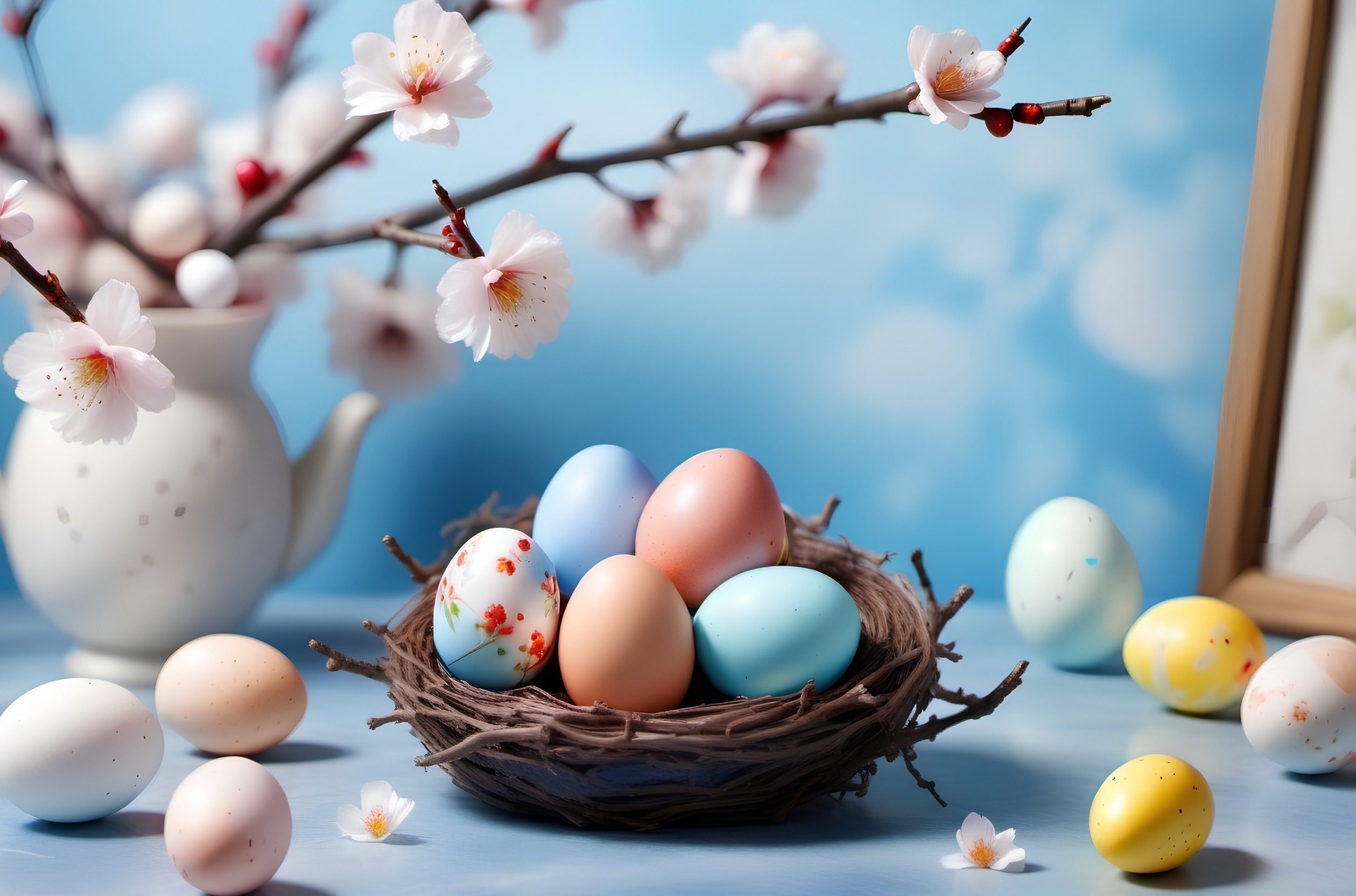
In recent years, Poland, as the sixth player on the European Union market, has achieved a production level of 11.7 billion eggs. We are also the largest producer of battery caged eggs in the EU, where the share of hens raised in this system was 76% in 2021. The year 2024 brings forecasts of purchase prices for class M eggs at the level of about PLN 49 per 100 eggs, emphasizing the noticeable upward trend on the market with prices ranging from PLN 59.83 (cage eggs) to PLN 80.48 (free-range eggs) per 100.
Export and import
In recent years, Poland has not only maintained, but even strengthened its position on the European egg market, which is the result of both high quality products and a strategic approach to international trade. Germany, the Netherlands and the United Kingdom are the main recipients of Polish eggs, reflecting the strong trade links and good reputation of Polish producers. The value of exports to Germany increased from EUR 54.8 million in 2021 to EUR 120.7 million in 2023, which indicates a significant increase in demand for Polish eggs in this country.
Thanks to its diverse production methods, from cage to organic farming, Poland is able to provide products tailored to the diverse needs and requirements of international customers. Egg exports are not limited to Europe. Destinations such as Singapore or the Middle East, although they account for a smaller share in Polish exports, are proof of the sector’s global reach.
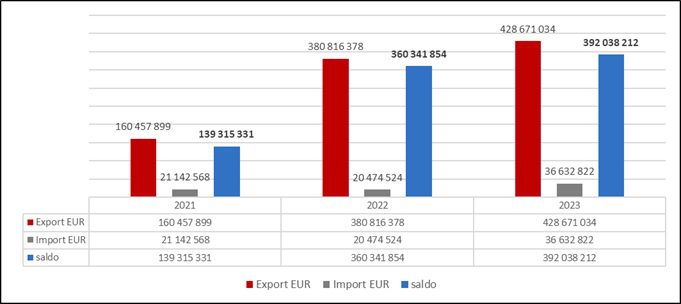
Focusing on import data, we note clear trends and changes in the dynamics of egg imports to Poland. Analysing specific figures, imports from the Netherlands increased from EUR 10.4 million in 2021 to EUR 16.1 million in 2023, and Ukraine – as one of the newest players on the Polish market – surprised with an increase in the value of imports to Poland from EUR 3.6 million in 2022 is an impressive EUR 15.9 million in 2023. Germany recorded a slight increase from €8.2 million in 2021 to €8.8 million in 2023.
Egg consumption in Poland
In 2022, the average Pole ate more than 10 eggs per month, which is more than a 30% decrease compared to 2000. This trend may be linked to several factors, including the increase in egg prices caused by avian influenza, rising production costs, and restrictions on international trade caused by the pandemic. It is worth noting that despite these challenges, the egg remains an irreplaceable element of the Polish diet and Easter traditions.
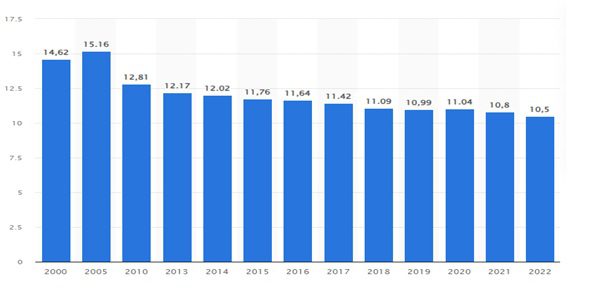
The role of eggs in Polish Easter traditions
When it comes to Easter traditions, the egg is a must-be. From painting egg for Easters, to blessing eggs and other food on Holy Saturday, to the Monday custom of” Śmigus-dyngus”, eggs are present everywhere.
- Easter eggs – „Pisanki”
Easter eggs, traditionally painted or dyed eggs, are one of the most iconic symbols of Easter in many cultures. Their history and symbolism are deeply rooted in Christianity, but they go back even further, to pre-Christian beliefs. Easter eggs symbolize rebirth, new life and hope, which corresponds to the Christian message of Easter regarding the resurrection of Christ.
Over time, egg decorating techniques have become more complex, encompassing a variety of methods and techniques depending on the region of Poland in which they are created. Among the best known are:
- “Kraszanki” – single-coloured eggs coloured with natural dyes derived from onion skins, beets or walnut leaves.
- Easter eggs – eggs decorated using wax, which, when applied to the surface of the egg which is later dipped in dye, creates patterns.
- “Drapanki” – eggs dyed in one colour, from which the patterns are then scraped off, revealing the natural colour of the shell.
- “Nalepianki” – eggs on which patterns made of paper, fabrics or dried plants are glued.
- „Święconka”
On Holy Saturday, Poles take part in the rite of blessing food, called” Święconka.” Baskets are filled with samples of Easter dishes (bread, sausage, Easter cake, a sugar lamb and of course eggs) to be blessed. Eggs in the baskets are a symbol of life and resurrection, as well as the rebirth of nature that comes in spring.
- „Śmigus -dyngus”
On the second day of Easter, known in Poland as wet Monday or śmigus-dyngus, water is sprinkled on relatives and friends to remind them of their Babtism. Although the main element of this tradition is water, eggs also have their place as a gift for those who have “doused” us.
The future of the Polish egg market
Easter traditions, although deeply rooted in Polish culture, are not immune to change. Rising egg prices may affect the way Poles prepare Easter dishes, prompting them to look for alternative sources or limit the amount of eggs in their recipes. Environmental awareness and interest in the origin of products are also changing, which may encourage people to choose eggs from more ethical sources.
The egg market in Poland faces a number of challenges, including further changes to animal welfare regulations that may affect production costs and prices for consumers. At the same time, there is potential for growth by adapting to changing consumer trends, in particular the growing interest in free-range, barn and organic products. The future of the egg market in Poland will depend to a large extent on the ability of producers to balance these trends with economic and ecological requirements.
Easter remains an important moment in Polish tradition, and the egg – a symbol of life and rebirth – still occupies a central place in the celebrations. Ultimately, as statistics and trends show, the Polish egg market is dynamic and susceptible to changes, both those resulting from internal industry challenges and external social and economic factors.
Sources:
- Egg production in Poland | Nieuwsbericht | Agroberichten Buitenland
- Polska: miesięczne spożycie jaj 2022 | Statystyka (statista.com) [Poland: monthly egg consumption 2022]
- Towary – GUS [Goods – Central Statistical Office]
- Monitoring Branżowy: Rynek jaj w Polsce – ocena sytuacji z uwzględnieniem wpływu wojny (pkobp.pl) [Industry Monitoring: The egg market in Poland – an assessment of the situation including the impact of war]
- Everything
- News (263)
- Events (160)
- Get Support (82)
-

GETSIX POLSKA SPÓŁKA Z OGRANICZONĄ ODPOWIEDZIALNOŚCIĄ
Business servicesShow allShow more Show lessTax services, Accounting and Payroll – Professional outsourcing services in Poland. getsix® offers accounting, bookkeeping, payroll and tax services with a particular focus on the needs of medium-sized and large companies. For foreign investors in Poland we offer support in all activities related to setting up a branch or a company and running its accounting and payroll. We operate 6 offices throughout Poland, supported by a professional team fluent in both English and German.

us4us sp. z o.o.
Other goodsShow allShow more Show lessUS4US is a Polish hi-tech company specializing in advanced, customizable ultrasound systems for medical and industrial use. Our open, GPU-accelerated platforms support real-time imaging, raw RF acquisition, and integration with Python, MATLAB, and C/C++. Dedicated for research and OEMs, US4US enables rapid development of new imaging solutions through high-speed data streaming and flexible, software-defined ultrasound technology.
 Article
ArticlePoland drives the Startup revolution in Central and Eastern Europe
Polish companies rank among those with the highest potential to become unicorns

Biuro Rachunkowe KZ
Business servicesShow allShow more Show lessWe specialize in providing comprehensive accounting, tax, and HR and payroll services for entrepreneurs. We support both sole proprietors and companies, tailoring our services to meet each client’s specific needs. Our approach is grounded in current legal and financial knowledge, supported by modern solutions that ensure safety, efficiency, and peace of mind in business operations.
-
 Article
ArticlePoland drives the Startup revolution in Central and Eastern Europe
Polish companies rank among those with the highest potential to become unicorns
 Article
ArticleTripling high-tech exports in the last 15 years
In 2024, exports of high-tech products from Poland reached EUR 37.25 bln, up 10.1% year-on-year
-
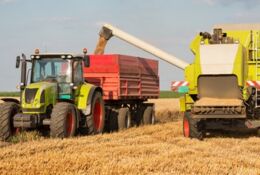 Event
EventAGRO SHOW 2025
International Exhibition – Agro Show 2025 will be held between the 19th-21st September 2025, in Bedn…
 Event
EventKIELCE IFRE-EXPO 2025
The 5th International Trade Fair of Fire Brigade and Rescue Services Equipment will be held between …
-
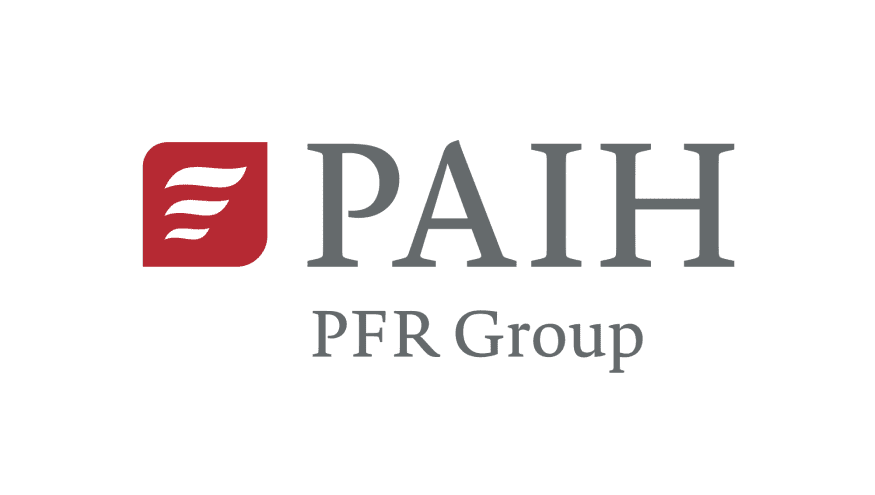 Institution
InstitutionPolish Investment and Trade Agency (PAIH)
The Polish Investment and Trade Agency (PAIH) is the partner of first-resort for entrepreneurs when …
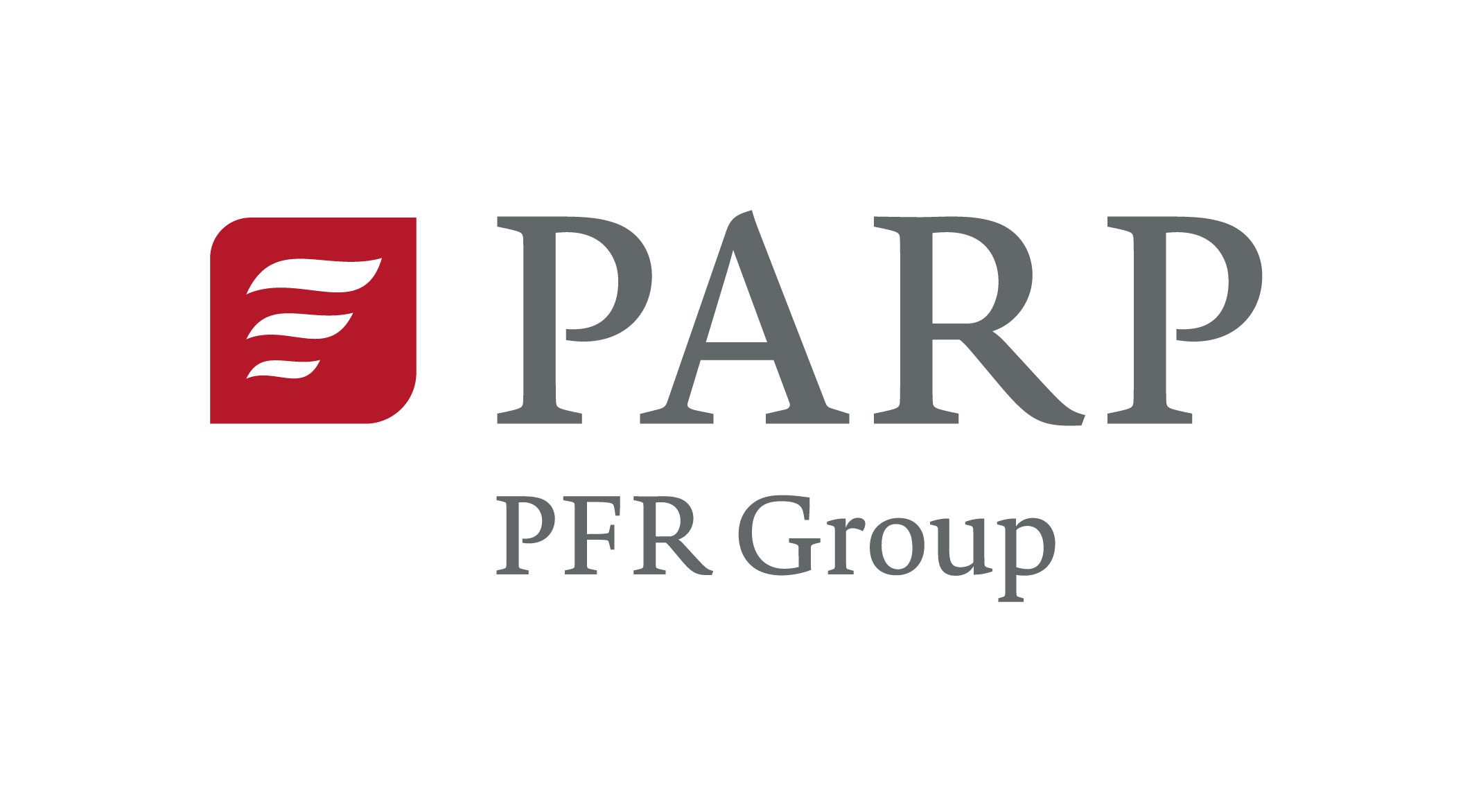 Institution
InstitutionPolish Agency for Enterprise Development (PARP)
Polish Agency for Enterprise Development (PARP) mission is an implementation of economical developme…
The Export Promotion Portal uses cookies to make it easier for users to use the website and for statistical purposes. If you do not block these files, you agree to their use and saving in the memory of your computer or other device. Remember that you can change your browser settings to block the storage of cookies. More information can be found in Privacy Policy and Terms and conditions.



